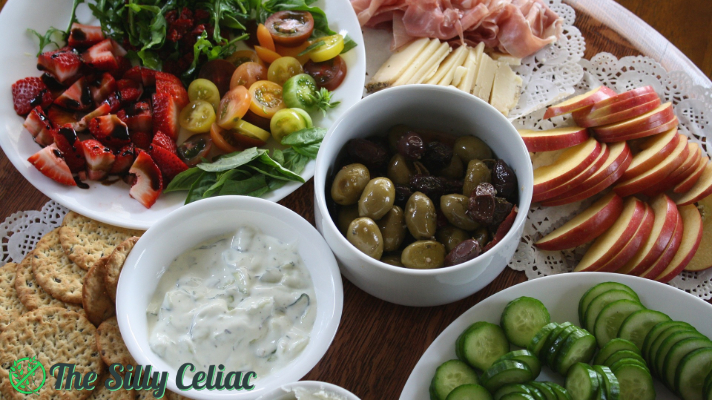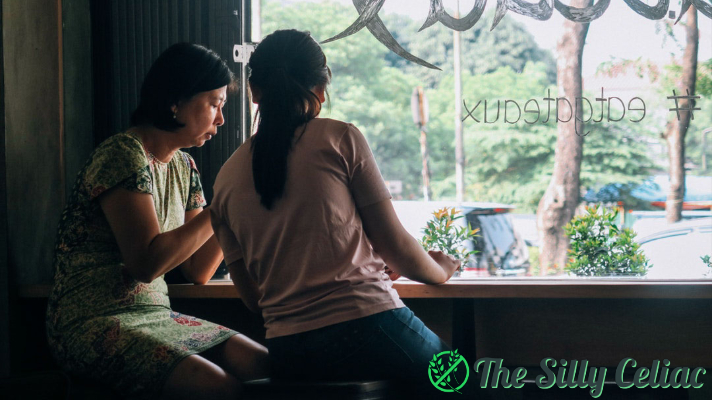
What To Do If Your Child’s Friend Has Celiac
We’ve all likely seen the signs declaring places “nut free zones” due to people with peanut allergies. However, considerably less people take into consideration other conditions which could be just as serious. When a person with celiac disease consumes even the smallest amount of gluten, a response is triggered in their body that damages their intestine.

Children with this condition have it especially difficult, and many don’t understand the level of precaution that’s necessary for them to eat. This presents a number of concerns for the parents and children alike. How can the parent of a child with celiac disease not seem overbearing or overprotective when cross-contamination could mean major repercussions for their children? How can other parents help to accommodate these children with celiac disease? We’ve made a guide to help parents navigate this difficult situation, allowing those children with celiac disease to have a normal childhood.
Encourage Their Parents to Pack Their Own Food
While it may seem like you can simply not serve the child gluten, catering to celiac needs is a much tougher challenge that involves quite a bit of research and practice to get the hang of.

If you’re like most Americans, you regularly eat and cook with gluten; this makes your cookware and dishes unsafe for those with severe celiac disease. If the child brings their own food, prepared in their own safe kitchen, they’re guaranteed to have a safe meal.
Buy All New, Gluten-Free Snacks
If your child invites someone with celiac disease to spend time in your home, it’s safe to assume they’re going to want snacks at some point. While you may already have some gluten-free snacks in your home, you can’t guarantee that no one has placed their hands in the bag after coming into contact with gluten.

We recommend purchasing disposable dishes/utensils and new bags of gluten-free chips or trail mixes (see this helpful label-reading guide to ensure you’re getting safe snacks) and only put out those foods, instructing your child specifically not to bring out any other snacks. This takes the risk out of snacking for your guest with celiac disease and can help put their parents’ minds at ease.
Have a Conversation with Their Parents in Advance
The absolute key to ensuring the visit goes successfully is to encourage an open dialogue with the parents of your child’s friend. Visit with them prior to the child’s visit. Many people with celiac disease have other conditions and allergies for which you may need to watch. This can also help ensure that the child has a safe meal packed for themselves and that you take all necessary precautions. You can also find out signs to watch out for in case they get cross-contaminated and should go home.

If your child’s friend has celiac disease, you need to find a way to accommodate them in your home. You don’t want the child to miss out on any of the joyous parts of childhood, like sleepovers, so you want to ensure that they feel at home and comfortable in your home. For those with celiac disease, this means you have to take some extra precautions when food is involved, but it’s not impossible to manage.